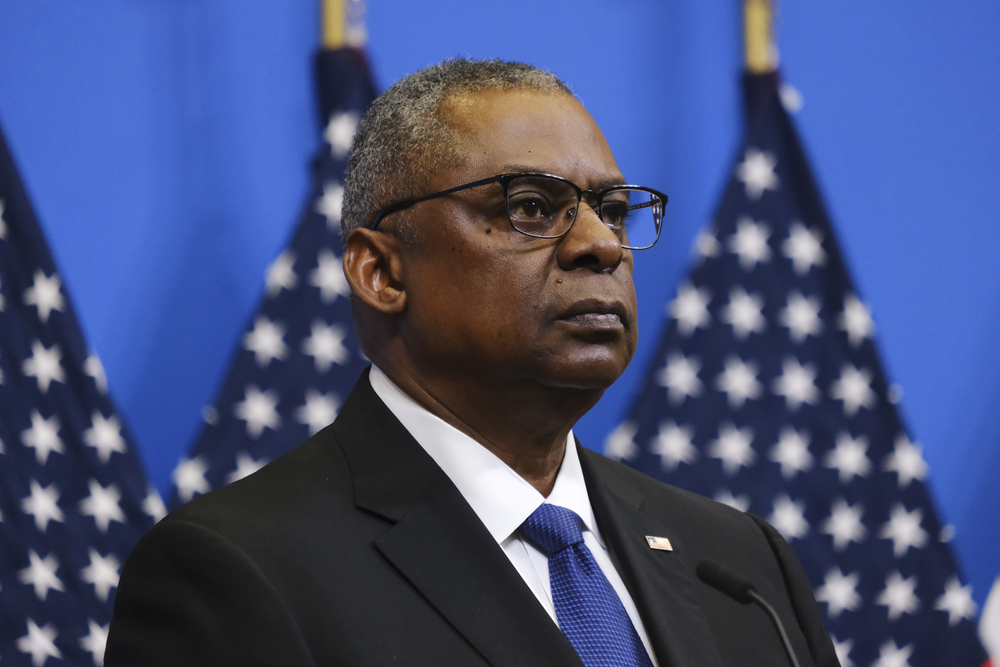The US Defence Secretary Lloyd Austin faced scrutiny over a four-day hospital stay not disclosed to the public until several days later. Despite delegating responsibilities due to medical complications following a procedure, Austin acknowledged the lack of transparency and pledged to improve communication.
The ordeal began on January 1, when Austin was admitted to the hospital for complications following an elective procedure. However, the information about his hospitalization wasn’t publicized until January 5, raising concerns about the lack of transparency surrounding the second-highest-ranking official in the US military.
During Austin’s hospital stay, significant geopolitical events unfolded, including Houthi attacks on commercial ships in the Red Sea and Russia’s deployment of long-range missiles in Ukraine. Despite the severity of these events, the delay in informing the public about Austin’s condition drew criticism, reports The Telegraph.
White House officials were reportedly unaware of Austin’s hospitalization until three days after his admission. This lack of communication extended to President Joe Biden and National Security Adviser Jake Sullivan, who were not kept informed about the Defence Secretary’s medical issue.
The Pentagon Press Association criticized the secrecy surrounding Austin’s health, emphasizing the importance of public awareness, especially during a time of heightened military tensions and ongoing conflicts.
Austin’s statement, acknowledging the oversight in public disclosure, expressed gratitude for the medical care received and vowed to improve transparency. He reaffirmed his commitment to assuming responsibility for the decision regarding the disclosure of his medical situation.
While the Pentagon resumed Austin’s official duties following his hospitalization, details about the nature of his illness remained undisclosed, further fueling questions about transparency within the military hierarchy.
This incident raises concerns about the need for clearer communication regarding the health and capacity of top officials, particularly during critical moments in international affairs.
Source: The Telegraph



